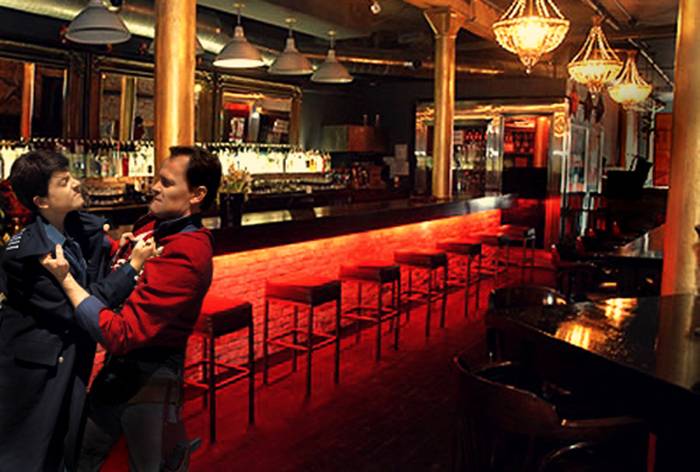Understanding Domestic Violence Restraining Order Laws
What Are Domestic Violence Restraining Orders?
A Domestic Violence Restraining Order is a type of Restraining Order issued by a non-criminal court that can legally protect someone from 
What Are The Different Types of Restraining Orders?
The four types of restraining orders include:
- Emergency Protective Order (EPO) – This type of restraining order is used mostly by law enforcement to protect individuals from imminent threat of harm. These are temporary orders that are valid for five to seven days. They are common in domestic violence and other criminal cases.
- Domestic Violence Restraining Order (DVRO) – Also referred to as a Temporary Restraining Order (TRO) is a temporary court order valid for 15-21 days. TROs are common in domestic violence cases, and the victim may try to extend the order as a permanent order for up to five years at a court hearing.
- Criminal Protective Order (CPO) – This type of restraining order is obtained through the district attorney’s office and is typically used to protect victims of and/or witnesses to a crime. The individual it is issued against is ordered not to have any contact with the victim. These restraining orders can be lengthened to last for up to 10 years through the court process.
- Civil Harassment Restraining Order (CHO) – This is a civil order that can be used to stop harassment by a certain individual, such as stalking or unwanted repeated contact. These can be brought against neighbors or anyone who is else you feel may need to be restrained.
Although each of these restraining orders is different, they all have the same goal of protecting one individual from another. The restrained person is typically prohibited from having any type of contact with and from coming within 100 yards of the protected person’s home or place of work. If the restrained person violates the order, he or she faces immediate consequences, including arrest.
Who Can Petition for a Domestic Violence Restraining Order (DVRO)?
To petition a California Court for a domestic violence restraining order (DVRO) the accuser’s relationship with the accused must fall into a specific category as defined by California Penal Code 13700(b).
Examples of these relationships are:
- Spouse
- Former spouse
- Co-habitant
- Former cohabitant
- A dating relationship (past or present)
- An engagement relationship (past or present)
- Parties who have a child together
- Child of the party
- Child subject to a paternity action
- And any other person related by consanguinity or affinity within the second degree
What is Considered “Domestic Violence”?
You can be charged of Domestic Violence if you intentionally do any of the following to a person you have a current or former “intimate” relationship as defined by California Penal Code 13700(b):
- Physically hurting or trying to hurt someone, intentionally or recklessly;
- Sexual assault;
- Making someone reasonably afraid that they or someone else are about to be seriously hurt (like threats or promises to harm someone); OR
- Behavior like harassing, stalking, threatening, or hitting someone; disturbing someone’s peace; or destroying someone’s personal property.
The physical abuse is not just hitting. Abuse can be kicking, shoving, pushing, pulling hair, throwing things, scaring or following you, or keeping you from freely coming and going. It can even include physical abuse of the family pets.
Also, keep in mind that the abuse in domestic violence does not have to be physical. Abuse can be verbal (spoken), emotional, or psychological. You do not have to be physically hit to be abused. Often, abuse takes many forms, and abusers use a combination of tactics to control and have power over the person being abused.
What to Do if You’re Charged with Domestic Violence
If the police arrive at your home during a fight, do your best to be calm and polite, but say nothing. Don’t admit anything or try to explain what happened. Provide the officer with your identifying information and say nothing more. Anything you say could be used against you later. You should immediately contact Wallin and Klarich when the police come to speak to you and let our law firm help you at this critical time. Our Orange County domestic violence defense attorneys can help you in dealing with law enforcement and assisting you with an attempt to have you released from custody.
It is always a good idea to speak to a lawyer before speaking to a bail bondsman. In some cases you may be able to save thousands of dollars in bail bonds fees by speaking to a criminal defense attorney first.
Get Professional Domestic Violence Restraining Order (DVRO) Help Now!
The Orange County domestic violence attorneys at Wallin & Klarich are well versed in laws pertaining to domestic violence. If you or a loved one is facing a domestic violence charge, it is important that you speak with an experienced defense attorney. At Wallin & Klarich, our attorneys have over 40 years of experience in handling all types of crimes. Our attorneys will aggressively fight to defend your rights.
Call us today at (877) 4-NO-JAIL or (714) 730-5300 for a free consultation. We will see to it that your rights are protected in a court of law, and that your innocence ultimately prevails.




